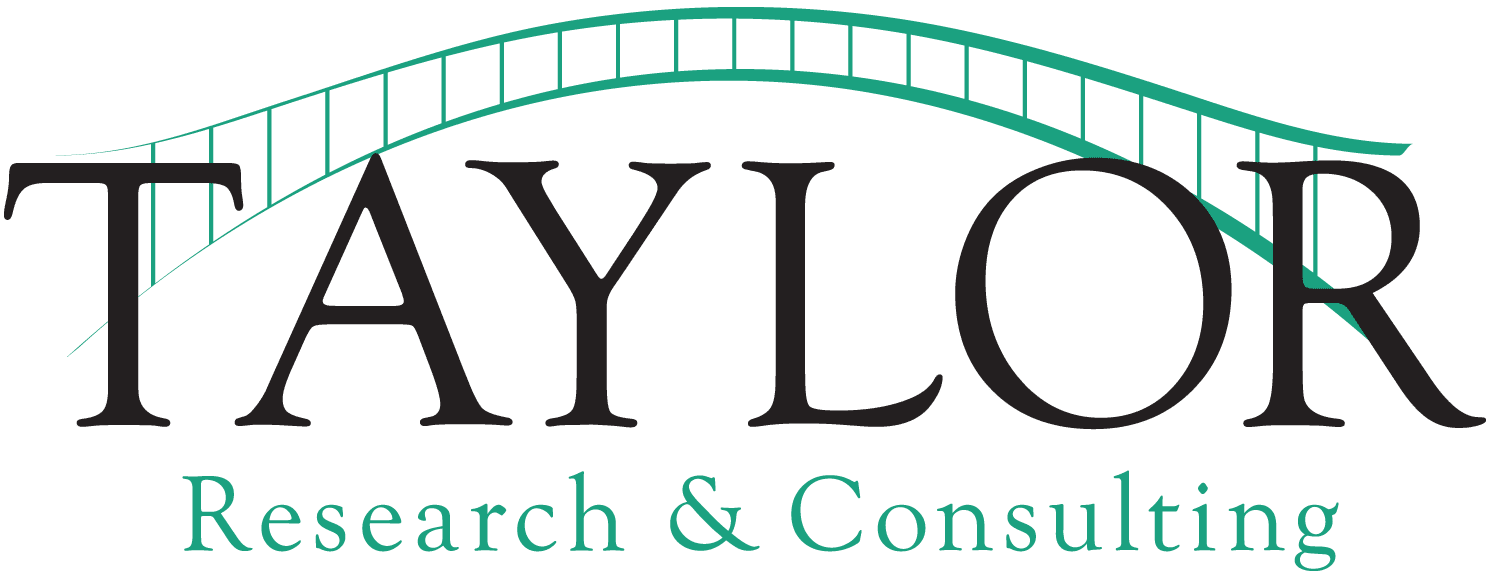Qualitative
Practice
We have a strong group of qualitative researchers, all with extensive experience in a variety of industries.
We rely on a range of qualitative methods, depending on the topic and audience.
We rely on a range of qualitative methods, depending on the topic and audience.
Where quantitative research measures what consumers (and business decision-makers) think, feel and do, qualitative research delves below the surface, to plumb the rational and emotional underpinnings of what people think and feel and do.
Well-executed qualitative research allows the marketer to tap into what’s truly important to the target audience—in order to (1) develop products and services that will best meet consumers’ underlying needs, and (2) communicate with consumers in ways that will resonate most strongly.
Qualitative Practice
We have a strong group of qualitative researchers—two full-time focus group moderators and a corps of executive interviewers, all with extensive experience in a variety of industries.
Where quantitative research measures what consumers (and business decision-makers) think, feel and do, qualitative research delves below the surface, to plumb the rational and emotional underpinnings of what people think and feel and do.
Well-executed qualitative research allows the marketer to tap into what’s truly important to the target audience—in order to (1) develop products and services that will best meet consumers’ underlying needs, and (2) communicate with consumers in ways that will resonate most strongly.
Traditional focus groups are the hallmark of our qualitative offerings. We have conducted well over 3,000 focus groups since the company’s inception in 1987. Our focus groups run the gamut: from full groups to mini-groups to triads and dyads. We have worked extensively in every major market in the U.S. and in 22 countries across five continents. We have done groups in convention center hotels and in rural motels.
Traditional focus groups are the hallmark of our qualitative offerings. We have conducted well over 3,000 focus groups since the company’s inception in 1987. Our focus groups run the gamut: from full groups to mini-groups to triads and dyads. We have worked extensively in every major market in the U.S. and in 22 countries across five continents. We have done groups in convention center hotels and in rural motels.
More and more our clients are open to, and interested in, the idea of online groups. Apart from the overall lower cost of doing them and the opportunity they provide to eliminate travel expenses, online groups also offer the significant advantage of being totally free of geographic restrictions and limitations. While online groups provide less depth and are not appropriate for every study, we often propose online groups as an option for qualitative research.
More and more our clients are open to, and interested in, the idea of online groups. Apart from the overall lower cost of doing them and the opportunity they provide to eliminate travel expenses, online groups also offer the significant advantage of being totally free of geographic restrictions and limitations. While online groups provide less depth and are not appropriate for every study, we often propose online groups as an option for qualitative research.
We have conducted more than 10,000 one-on-one in-depth interviews (both in-person and by phone), ranging from small 12-IDI-type ad hoc projects among consumers or business people, to large-scale, 500-interview projects with C-level decision-makers that represent our clients’ most important, highest-revenue-generating business customers.
Our in-depth interviewers are subject to rigorous and ongoing training and feedback that ensures they possess the required knowledge and skills, that they understand our research philosophy and the demands of the specific project, and that they fully comprehend the standards their work will be measured against.
We have conducted more than 10,000 one-on-one in-depth interviews (both in-person and by phone), ranging from small 12-IDI-type ad hoc projects among consumers or business people, to large-scale, 500-interview projects with C-level decision-makers that represent our clients’ most important, highest-revenue-generating business customers. Our in-depth interviewers are subject to rigorous and ongoing training and feedback that ensures they possess the required knowledge and skills, that they understand our research philosophy and the demands of the specific project, and that they fully comprehend the standards their work will be measured against.
One advantage of online bulletin boards as discussion forums is that participants are not rushed and have more time to think about and compose their responses, which allows for more consideration, depth, and detail. While this is not an appropriate method for every study, we conduct several online bulletin boards each year—from customer satisfaction to new product development. One growing form of online bulletin boards involves “video diaries,” where consumers use a product or service and talk about their experiences with it over a period of time—days or even weeks. Our work in this area has focused on new consumer electronics products.
One advantage of online bulletin boards as discussion forums is that participants are not rushed and have more time to think about and compose their responses, which allows for more consideration, depth, and detail. While this is not an appropriate method for every study, we conduct several online bulletin boards each year—from customer satisfaction to new product development. One growing form of online bulletin boards involves “video diaries,” where consumers use a product or service and talk about their experiences with it over a period of time—days or even weeks. Our work in this area has focused on new consumer electronics products.
We do “ethnographic” research in the 21st century market research sense of that term: at-home observation, photographs, and in-depth interviews (often video-recorded) with consumers. Of course, what the market research industry calls “ethnography” is a long way from what an anthropologist would consider ethnography, which involves a purer form of participant observation.
We do “ethnographic” research in the 21st century market research sense of that term: at-home observation, photographs, and in-depth interviews (often video-recorded) with consumers. Of course, what the market research industry calls “ethnography” is a long way from what an anthropologist would consider ethnography, which involves a purer form of participant observation.
We have done a great deal of intercept interviewing at the point of sale, for example, bank branches, retail stores, auto dealers, etc. Our experience in this area covers both actual interviews at the point of sale and qualitative screening for subsequent quantitative data collection (via phone or web).
We have done a great deal of intercept interviewing at the point of sale, for example, bank branches, retail stores, auto dealers, etc. Our experience in this area covers both actual interviews at the point of sale and qualitative screening for subsequent quantitative data collection (via phone or web).

